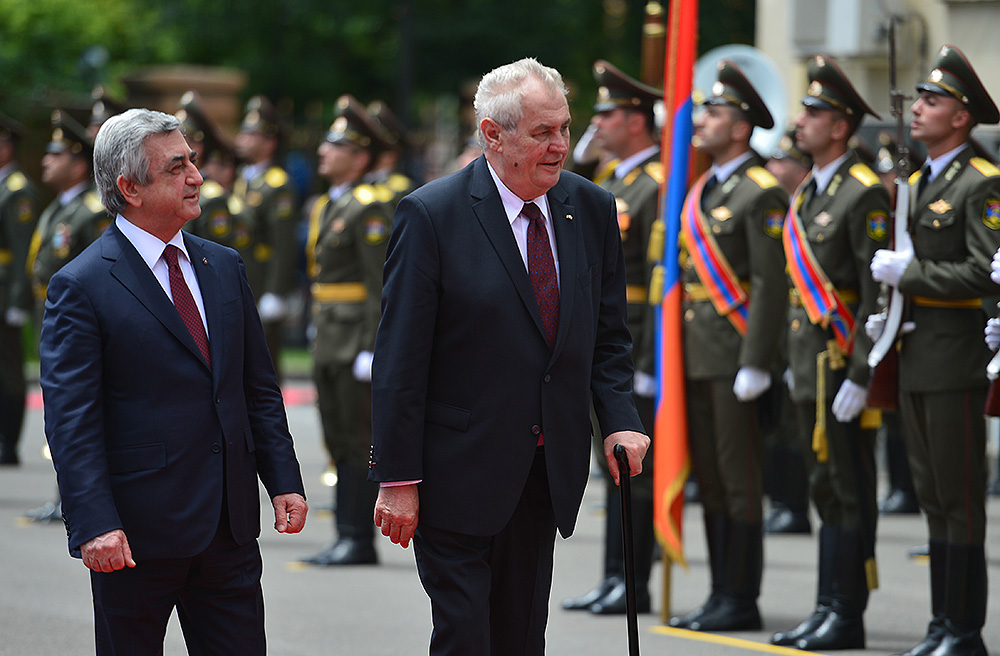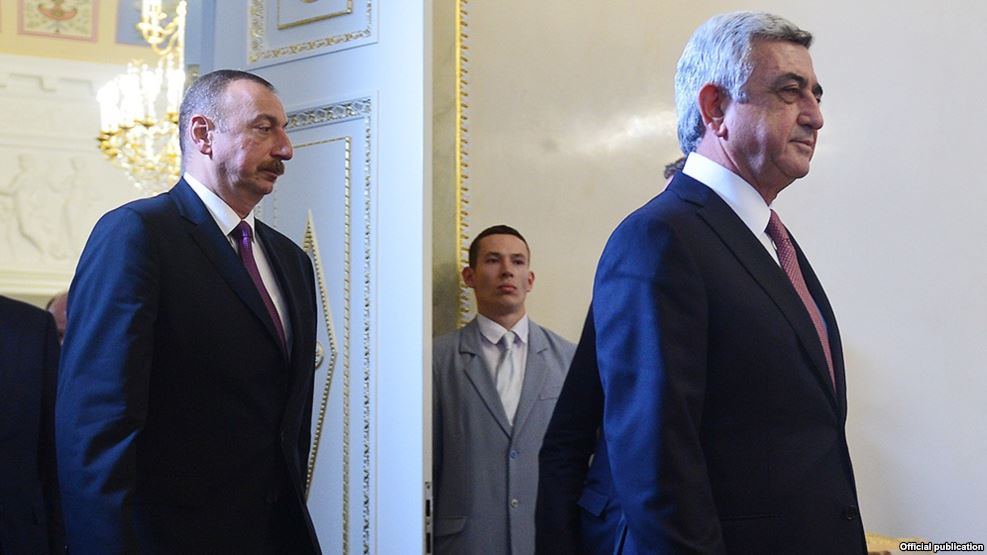NEW YORK — The World Health Organization (WHO) has congratulated Armenia, along with Belarus and the Republic of Moldova, for eliminating mother-to-child transmission of both HIV and syphilis. During a ceremony in New York City, elimination validation certificates were presented to the ministers of health of the three European countries, who were attending the United Nations General Assembly High-level Meeting on Ending AIDS.
“To ensure children are born healthy is to give them the best possible start in life. It is immensely encouraging to see countries succeed in eliminating mother-to-child transmission of these two diseases,” said WHO Director-General Dr Margaret Chan. “This is a tremendous achievement – a clear signal to other countries that elimination is possible and that the world is on the way to an AIDS-free generation.” Ending the epidemics of AIDS by 2030 is a key target of the Sustainable Development Goal on health and well-being.
“Every child growing up free from HIV thanks to antiretroviral medicines is a testimony to the progress the world is making in eliminating mother-to-child transmission of HIV,” said UNAIDS Executive Director Michel Sidibé. “As we meet in New York at the High-level Meeting on Ending AIDS to plan the next, crucial phase of the response to HIV, we will draw upon the successes of these countries to highlight the extraordinary achievements that can be made through the rapid expansion of access to life-saving treatment.”
The World Health Organization (WHO) has been working in Armenia, Belarus and the Republic of Moldova since 2010 with the Joint United Nations Programme on HIV/AIDS (UNAIDS), the United Nations Children’s Fund (UNICEF) and the United Nations Population Fund (UNFPA) to eliminate mother-to-child transmission of HIV and syphilis.
“This is a success for these countries and a celebration for children and families. We expect that these achievements will inspire many other European countries to seek validation that they have ended mother-to-child transmission of HIV and syphilis,” added Dr Zsuzsanna Jakab, WHO Regional Director for Europe. “It is only by ensuring truly universal access to HIV and syphilis prevention, treatment and care for all, while respecting individual rights, that the HIV and syphilis epidemics in children will be eliminated.”
“After two decades of intensive efforts in the Region, we now have validated proof that it is possible to realize the right of all children to be born HIV-free. As we move forward, it is important that children have equitable access to services that can help them thrive and develop in a supportive family environment, with their mothers alive and nurturing their well-being,” said Marie-Pierre Poirier, UNICEF Regional Director for Europe and Central Asia.
Depending on the progress of national efforts, countries may choose validation of the elimination of mother-to-child transmission of HIV, syphilis or both. Armenia, Belarus and the Republic of Moldova have worked to ensure early universal access to free services for antenatal care, HIV and syphilis testing for pregnant women and their partners, treatment for women who test positive, early diagnosis in infants, free infant formula and community engagement. These services are provided as part of an equitable, accessible, universal health system in which maternal and child health programmes are integrated with programmes for HIV and sexually transmitted infections.
“The remarkable achievements of these countries in eliminating HIV and syphilis transmission to infants underscore the importance of robust maternal health services,” according to Dr Babatunde Osotimehin, Executive Director, UNFPA. “Only by offering pregnant women integrated HIV and syphilis care as part of a rights-based, comprehensive package of sexual and reproductive health services, including family planning, can we truly keep the mother–baby pair alive and thriving.” The validation process for the three countries was conducted by WHO in collaboration with UNAIDS, UNICEF and UNFPA.
The reduction in the number of new cases of HIV and congenital syphilis infections among children is one of Europe’s successes in its response to HIV and sexually transmitted infections in the past few years. Mother-to-child transmission accounted for just 1% of new cases of HIV infection reported in 2014 in the WHO European Region.
Ensuring that pregnant women living with HIV and their children have access to antiretroviral therapy lowers the risk of mother-to-child transmission of HIV from up to 45% to 1%. Up to 95% of HIV-infected pregnant women receive antiretroviral therapy in Europe – the highest percentage globally, and more than 70% of infants of HIV-positive women were tested within two months of birth.
Screening and treatment during pregnancy are essential to prevent mother-to-child transmission of syphilis, which can cause miscarriage, stillbirth or neonatal death in up to 80% of cases. Over 60% of European countries offer syphilis testing to pregnant women, and all countries in the Region offer free treatment to syphilis-infected pregnant women.










